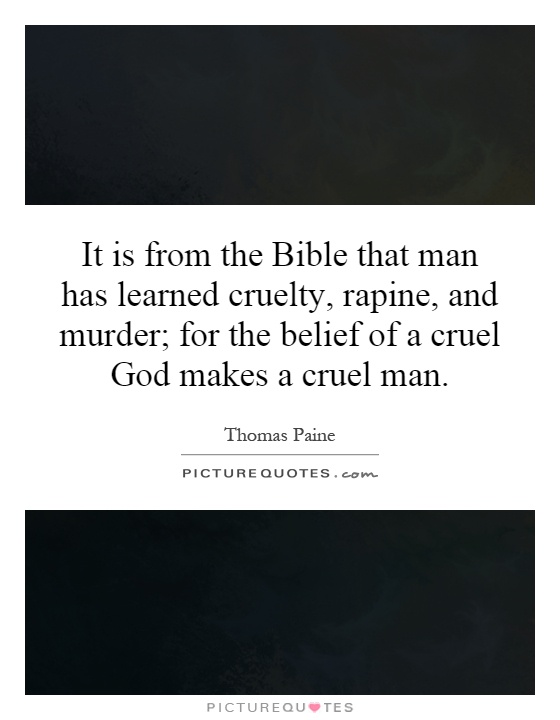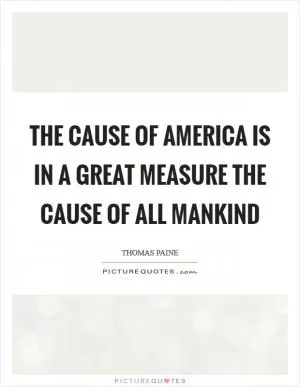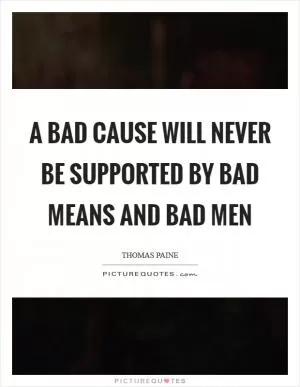It is from the Bible that man has learned cruelty, rapine, and murder; for the belief of a cruel God makes a cruel man

It is from the Bible that man has learned cruelty, rapine, and murder; for the belief of a cruel God makes a cruel man
Thomas Paine, a prominent figure in the American Revolution and a staunch advocate for reason and human rights, was known for his controversial and thought-provoking statements. One such statement that has sparked debate and discussion is his assertion that "It is from the Bible that man has learned cruelty, rapine, and murder; for the belief of a cruel God makes a cruel man."Paine's criticism of the Bible and its teachings is rooted in his belief in the power of reason and the inherent goodness of humanity. He saw organized religion, particularly Christianity, as a tool used by those in power to control and manipulate the masses. Paine believed that the concept of a vengeful and wrathful God, as portrayed in the Bible, served to justify acts of cruelty and violence committed in the name of religion.
Paine's views on religion were shaped by his own experiences and observations of the world around him. He witnessed firsthand the atrocities committed in the name of God during the religious conflicts of his time, such as the persecution of dissenters and the brutal treatment of indigenous peoples by European colonizers. Paine saw how religious beliefs could be used to justify acts of violence and oppression, leading him to question the morality of a God who would condone such actions.
Paine's assertion that a belief in a cruel God leads to cruelty in man is a powerful indictment of the negative impact of religious dogma on human behavior. He believed that true morality and compassion come from within, not from fear of divine punishment. Paine's rejection of traditional religious teachings in favor of a more rational and humanistic approach to ethics continues to resonate with many today who question the role of religion in shaping moral values.












 Friendship Quotes
Friendship Quotes Love Quotes
Love Quotes Life Quotes
Life Quotes Funny Quotes
Funny Quotes Motivational Quotes
Motivational Quotes Inspirational Quotes
Inspirational Quotes